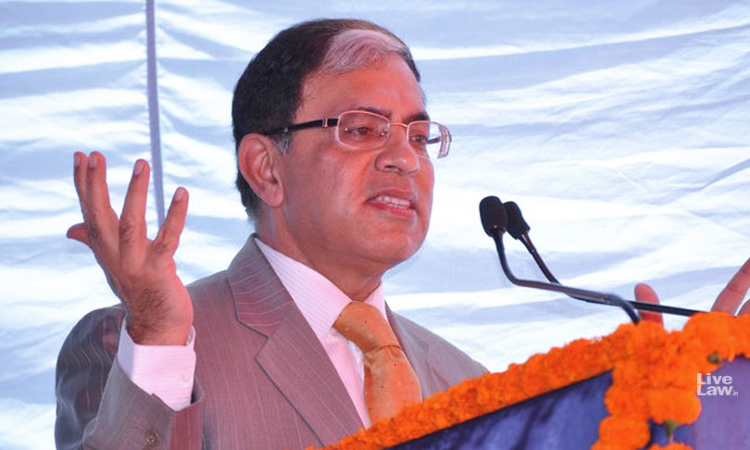"Threat Of Surveillance by The State Or By Private Players Is A Challenge To Human Rights" :Justice Sikri
MEHAL JAIN
10 Feb 2019 2:18 PM IST

Next Story
10 Feb 2019 2:18 PM IST
"In so far as the contempt power is concerned, we are not using it that much in India", reflected Justice A. K. Sikri on Sunday at Lawasia's first Human Rights Conference in New Delhi. Moderating a panel of lawyers and journalists, Indian and international, on the issue of the "Freedom of the Press in the Digital Age", the second senior-most judge of the Supreme Court noted that though it...
